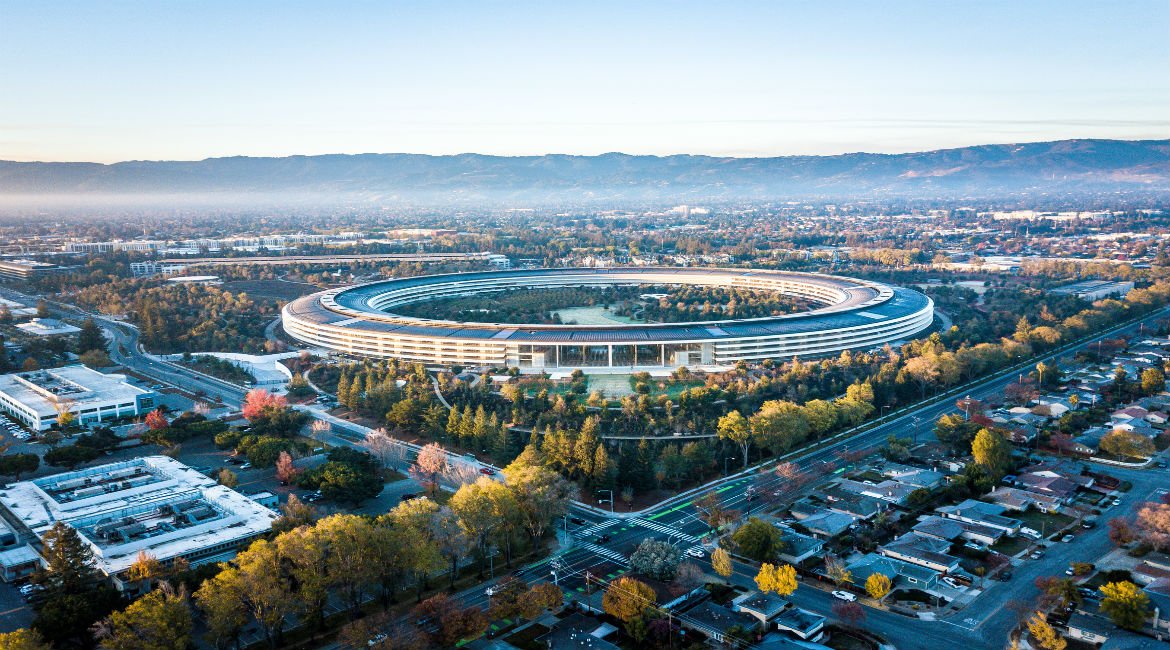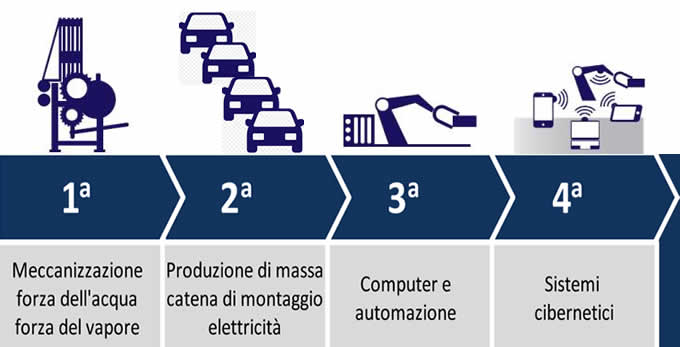© 2000-2023 - Enkey Magazine - All rights reserved
ENKEY SNC - VAT ID IT03202450924 / REA Code CA253701 - Phone. 078162719
Is the technological progress improving or decrasing the poverty in the world?
Is the gap that divides poor and rich closely linked with the technological progress and did this contributed to enhancing it?
The theories are many and conflicting.
Let’s imagine a dystopian future, which wants to catch the utopia, but that fall down in the more visceral vices of the human nature, like the one presented by Ready Player One.
The economic inequality is clear, the poors crammed in the stacks, like mice in a junkyard, and the riches comfortable in their skyscrapers.
However the technology is never missed, not even between the really poorest, it’s better to buy the last viewer for the virtual reality than a piece of bread.
It seems senseless and unthinkable, but this is nothing more than our real present. It doesn’t matter if at the end of the month we are not able to pay the bills or if we barely get the dinner, if we look inside the pockets of every super-poor there will be anyway an expensive phone.
And meanwhile the super-riches in the world are no one more than the same creators of the technological progress.
But so we are inclined to say that the technological progress caused the depth gap or is it only the final straw of a process that might happen anyway?
Silicon Valley
There is who claims that to really understand the gap that fastly took shape it’s enough to go in the Silicon Valley, the utopian californian valley, the birthplace of all the most advanced technologies that the human was able to realise until now.

The richest men in the world live here and this bunch of cities (which are 20 of them) two steps away from Los Angeles drives half of the country by itself.
The average income is of 94.000 dollars, much more higher than the national one of 53.000 dollars. However the county of Santa Clara, the beating heart of the Silicon Valley, registers a poverty rate of 19%.
And by walking around in Palo Alto, two steps away from the headquarters of the biggest tehcnological corporations of the world, we won’t find a free bench, because all of them are occupied by homeless.
While in San Josè, just 20 minutes from Palo Alto, we will find the “jungle” the biggest homeless’ camp of the country, just outside the headquarter of Adobe.
Russell Hancock, president of Joint Venture Silicon Valley, organisation for the local development, describes like that the scenario that he sees every day: “Silicon Valley is a look into the future we are creating and what we see is really creepy.
Many of the ones that got rich with the recent technological boom, don’t seem to be worry about the “mess” they are creating. The richness of the Silicon Valley is prodigious as always.
But how much we used to realise the technological boom, didn’t help to “raise the boats”. Only few of them. It doesn’t work like before. Suddenly we see that the people is shocked”.
The rest of the world
The Silicon Valley is only a window on the future that is waiting for the whole world. A distorted and enhanced mirror of that small outbreaks that are starting to expande themselves all over the world.
Even in the rest of the United States and in Europe the inequality between really poors and super-riches is sharply increasing. And are many the ones that blame for it the current industrial revolution.

Many jobs are disappearing and only the ones that have the skills and the possibility to cut off a job’s postion between the élite will be really lucky and gratified.
We are not simply talking about machines that steal the job to the human beings. But about something much more deep that sneaks into the human nature and changes its social structure.
It’s about the small companies that disappear, to leave the place to the corporations and the needs that quickly change and the human skills are not able to keep up.
It’s a view onto the future we are creating, the one that we believed relegated in the science-fiction and that, instead, we are turning into reality.
That stories about a dystopian future governed not any more by the citizens but by the corporations, to which every single country must be subject. It’s the future told, for example, by the netflix tv serie, Continuum.
A future governed by powerfull corporations that the rebel are trying to change. It’s this one the future that we are creating, but is it really there that we want to arrive?
This post is also available in:
 Italiano
Italiano

